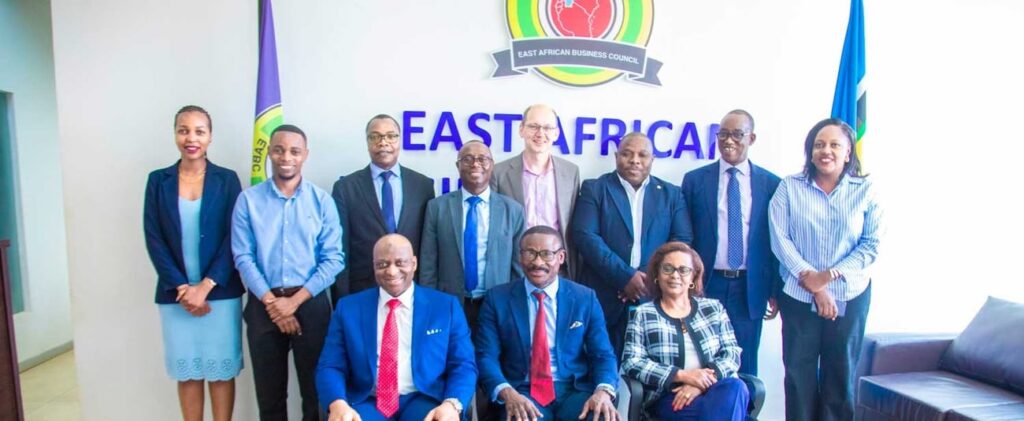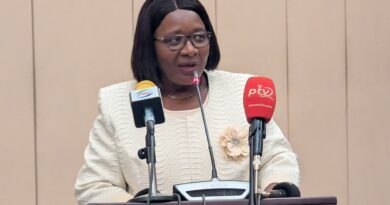AfDB Mission Reviews East Africa Regional Integration Strategy and Portfolio
The African Development Bank (AfDB) Group has concluded a high-level mission to review the implementation of its East Africa Regional Integration Strategy Paper (EA-RISP 2023–2027) and assess the performance of its 2025 regional portfolio.
The mission evaluated progress made under the strategy, explored opportunities to strengthen partnerships with regional stakeholders, and identified ways to enhance the impact and sustainability of ongoing and future operations.
Led by Bubacarr Sankareh, East Africa Lead Operations Advisor, the AfDB delegation met with key regional partners, including the African Union Commission, UNECA, the East African Community (EAC), and the Intergovernmental Authority on Development (IGAD). The team also engaged with private sector bodies such as the East African Business Council (EABC) and the Pan African Chamber of Commerce and Industry.
Mr Sankareh noted that the region’s main development challenge remains the slow pace of structural transformation, which continues to hinder trade, job creation, inclusive growth, and poverty reduction. “The RISP was developed to address these challenges by aligning with the Bank’s overall strategy, regional member countries’ development plans, and the African Union’s Agenda 2063,” he said.
The RISP serves as the Bank’s framework for guiding regional interventions, focusing on two key priorities: strengthening regional infrastructure—particularly in energy, transport, and ICT—and developing regional value chains to boost trade and competitiveness.
Under the current RISP, the Bank has financed major cross-border infrastructure projects such as the Tanzania–Burundi–DRC Standard Gauge Railway (Phase I), the Burundi–Rwanda Integrated Development Project, and the Comoros Maritime Corridor Development and Trade Facilitation Project. These initiatives aim to improve transport connectivity and accelerate economic integration across East Africa.
The Bank has also provided technical assistance and policy support to regional institutions, reinforcing its commitment to regional priorities and sustainable growth.
Adrian Njau, Acting Chief Executive Officer of the East African Business Council, commended the AfDB for its investment in energy and transport interconnectivity as well as trade facilitation. “These projects have reduced the cost of doing business and enhanced product competitiveness across the region,” Mr Njau said.
As of June 2025, the AfDB’s multinational operations in East Africa accounted for 36.6% of its total commitments in the region, representing 107 projects valued at US$6.3 billion. Since 2023, the portfolio has expanded by US$1.3 billion, largely driven by investments in transport, social infrastructure, and environmental initiatives.
The mission also reflected on lessons learnt, identified priorities for the remainder of the strategy period, and considered areas for improvement. Members of the delegation included Eva Ruganzu, East Africa Implementation Support Division Manager; Samuel Kamara, Chief Regional Programme Coordinator; Patrick Kanyimbo, Chief Regional Integration Coordinator; and Emmanuel Nyirinkwaya, Regional Fragility and Resilience Officer.
The Independent Evaluation team also participated, conducting case studies to inform future revisions of the Bank’s regional integration framework.



